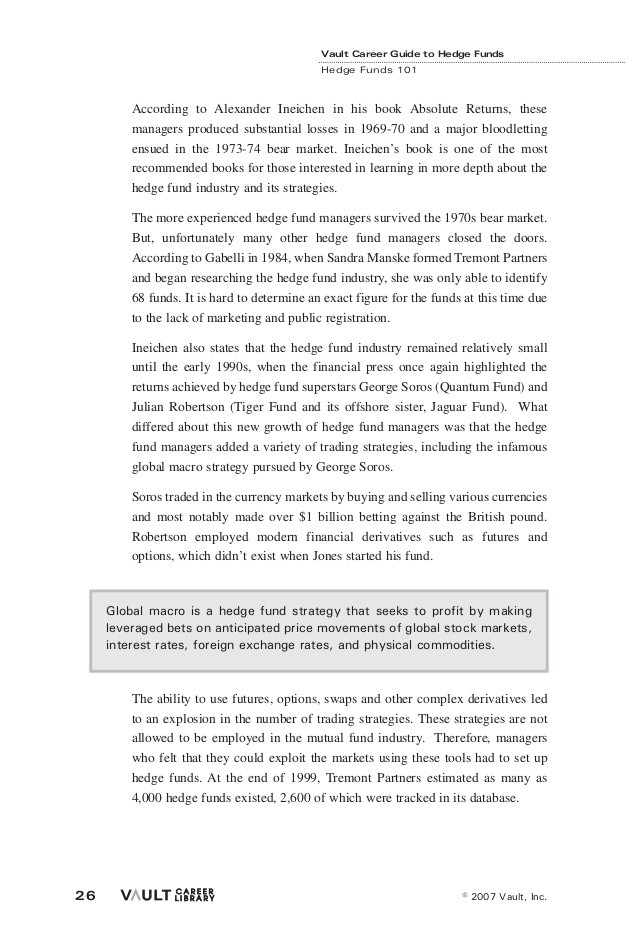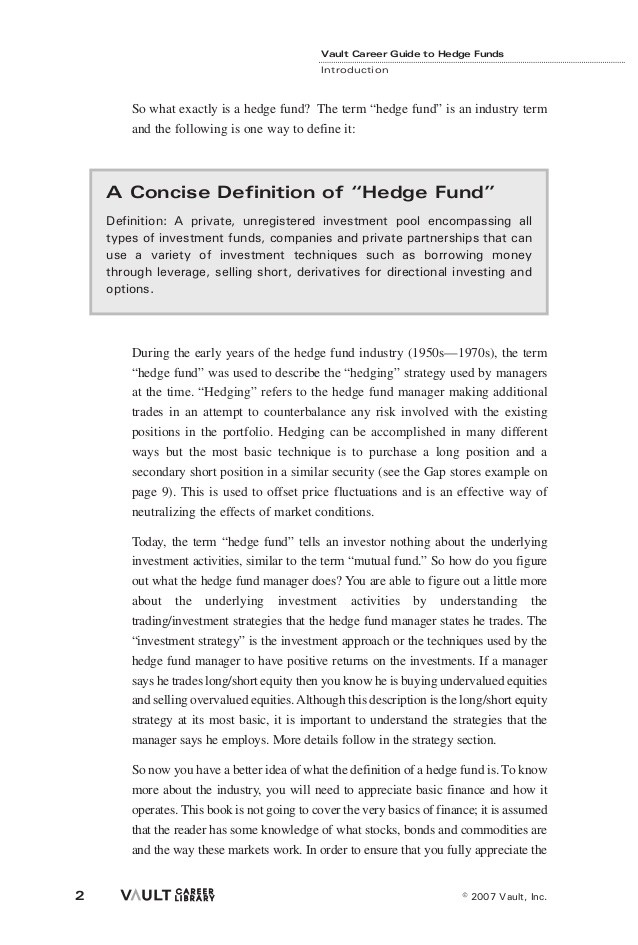What You Need to Know About Bond Funds A 101 Guide
Post on: 25 Июнь, 2015 No Comment

While a bond is a debt security that represents the authorized issuers obligation to repay the principal plus interest of the debt, a bond fund is a pool of money that invests in bonds. Most bond funds pay higher dividends than CDs or money market funds, and are considered less risky than stocks. Thats why many financial planners recommend having these types of bond funds within investment portfolio, especially as we age.
Types of Bond Funds
When we classify bond funds, there are generally 4 main types:
- Government/Treasury Essentially comprised of all securities from the government. As they are backed by the credit of the country, they are generally considered to be extremely safe. The cost of less risk is the low yield so no surprise there.
- Municipal Even states and local governments can issue bonds, which municipal bond funds invests in. The advantage of these funds are that they are exempt from federal taxes, while some are even exempt from state and local taxes. Since theres no free lunch in this world, dont expect a high yield on these either.
- Mortgage These bond funds invests in mortgage loans back by the government (think Ginnie Mae, Freddie Mac and Fannie Mae). Traditionally, these are very safe investments but people whove lived through 2008 know that theres nothing is ever risk free.
- Corporate Generally the highest risk of the four, these funds invests in bonds that are issued by corporations. Therefore, the risks are measured by the corporations ability to repay the bonds that the fund owns. The risk on these types of funds are higher, so the potential payout is greater.There are even high risk corporate bond funds that invests in junk bonds (bonds with higher risk of defaulting). Be careful with these types of bond funds because while payout may seem high, chances of losing your investments are higher too.

Benefits of Bond Funds
As briefly touched at the beginning of the article, bond funds offer many advantages:
- Reduced Volatility Even though the prices of bond funds changes, they are generally much less voltatile than stocks or stock funds. Therefore, a portfolio with a bond fund can help balance the wild swings of a stock only portfolio.
- Income Since bond funds usually pay a monthly dividend from the interest payments of the bond, investors looking for income welcome these types of funds.
Associated Risks
A common misconception of bond funds is that you dont lose money. Unfortunately, thats simply not true. As with any investments, there are risks, so consider the following before investing in a bond fund.
- Interest Rate Risks In general, the prices of bond funds and interest rate go in opposite direction (ie when interest rate rises, bond fund prices fall and vice versa). In addition, market risks also play a role in the fluctuations of the value of these funds.
- Prepayment Risks Some bonds can be prepaid by the issuer when interest rates have declined. If the bond fund invests the proceeds at this time, it will most likely invest in bonds with lower interest rates, which will reduce the funds return.
- Credit Risks Any bond (even US treasuries) can default. So bond funds rely on credit rating agencies to grade the bonds based on the potential risks of defaulting. The two best known credit rating agencies (Moodys and Standard & Poors) periodically update the credit ratings based on the credit worthiness of the bond issuers. If you see a credit rating of AAA or Aaa, they are considered the highest quality while a credit rating of Caa or CC is considered highly speculative.
What This Means to You
As circumstances differ case by case, its best to consult with someone who understands your situation and can offer suggestions that best suits you. Having said that, most people will tell you that any portfolio can use a bit of allocation to bond funds, because of its relative stability and its income generating abilities.
Many people also believe that stocks funds always outperform bond funds, which is again untrue. So if you have never invested in bond funds before, now is the time to take a serious look at it.














